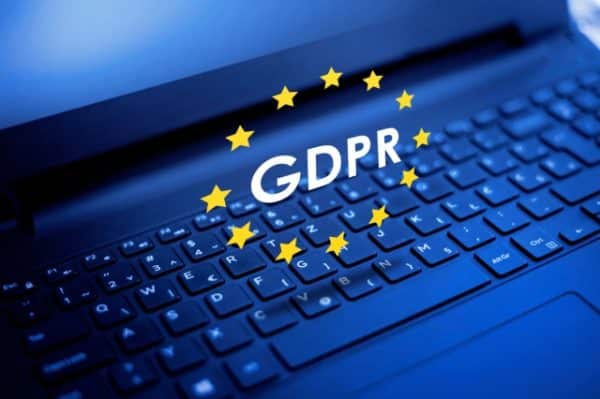GDPR is changing consumer trust and data security across Europe

According to the results of a new survey, 74 percent of organizations say that since GDPR was introduced in 2018 it has had a beneficial impact on consumer trust, and 73 percent claim it has boosted their data security.
The study from Check Point questioned 1,000 CTOs, CIOs, IT and security managers from organizations in the UK, France, Germany, Italy and Spain. It shows that GDPR is delivering a strong positive effect overall for European businesses.
Significant progress has been made across Europe towards GDPR compliance. 53 percent of respondents say their organization has set up a GDPR working group, another 45 percent have allocated budget to cover the costs of implementing GDPR, while 41 percent have employed GDPR consultants.
From an IT perspective, the most common steps taken to meet the security requirements imposed by GDPR are, adopting standard security measures (44 percent), initiating training for employees to increase understanding of data security risks (41 percent), and implementing an access and encryption control system (41 percent).
Overall, 83 percent of those polled say their organization uses cloud solutions. But many are more cautious about how the cloud is employed following GDPR's introduction. Just seven percent of companies have taken the drastic measure of ceasing to use cloud solutions altogether as a result of GDPR.
The three most-anticipated long-term benefits of GDPR are found to be, helping organizations demonstrate their focus on customers’ data and increasing loyalty (45 percent), making operations more efficient, especially regarding cybersecurity (44 percent), and providing a more comprehensive view on the information processed by the company (40 percent).
"What's clear from this research is that many European organizations have made significant progress in implementing the steps required to become GDPR compliant," says Rafi Kretchmer, head of product marketing at Check Point Software. "And quite a few are already seeing powerful benefits. But for many firms there's still a lot that can be done. It's important for organizations to adopt robust frameworks to meet the demands of GDPR, rather than simply shutting down access to tools and platforms that both employees and customers want to use -- like mobile devices and the cloud. There are relatively easy-to-integrate methods of keeping data safe -- such as document encryption and hard drive encryption. These approaches can ensure sensitive business data is protected, preventing data leaks and unauthorized access to data."
Check Point has also developed a new application called GDPRate to guide businesses through the essential components of an effective GDPR compliance strategy. The tool checks the organization’s readiness for GDPR's 14 security standards and requirements . It can be accessed for free on the Check Point site.
Image credit: Nikola Stanisic / Shutterstock